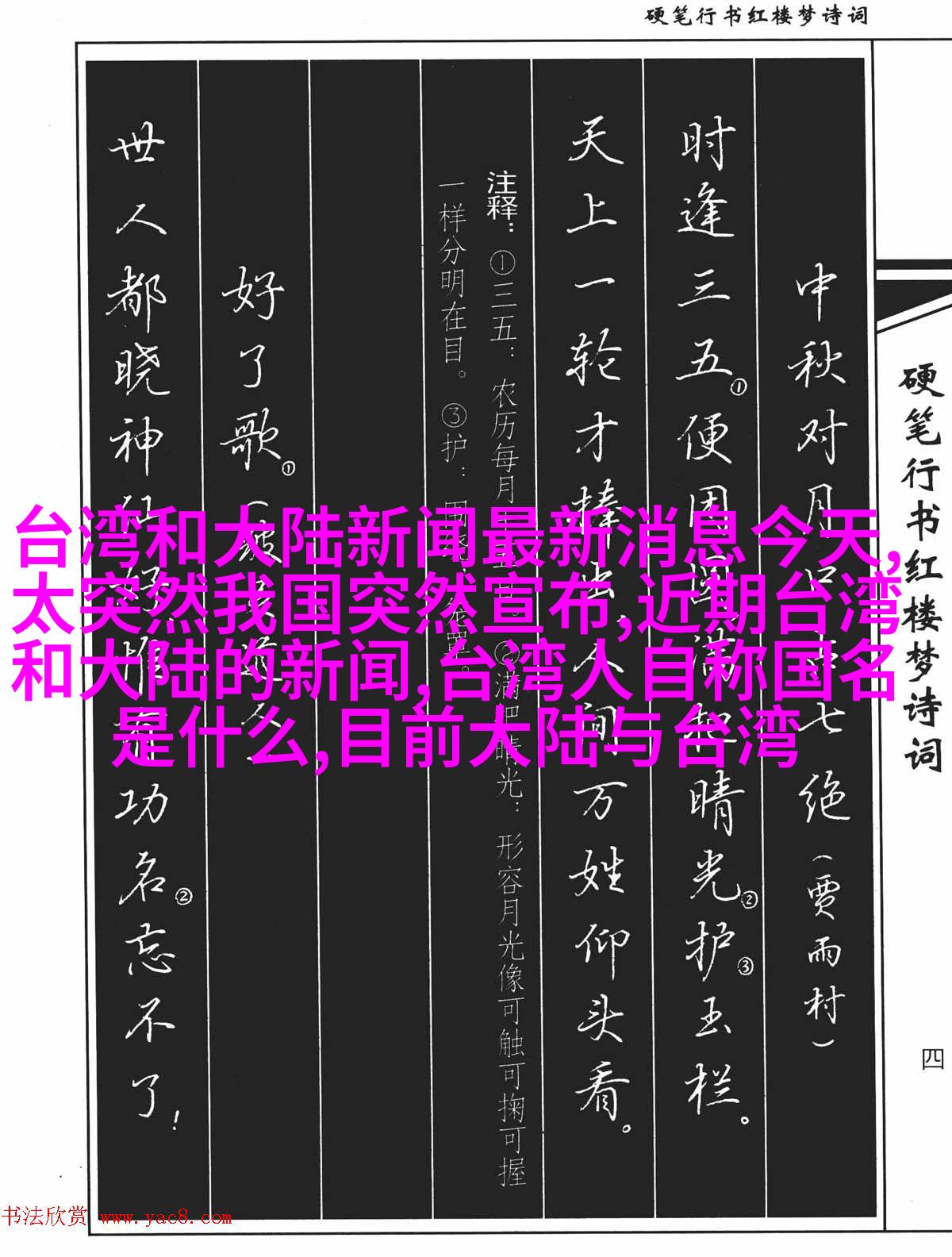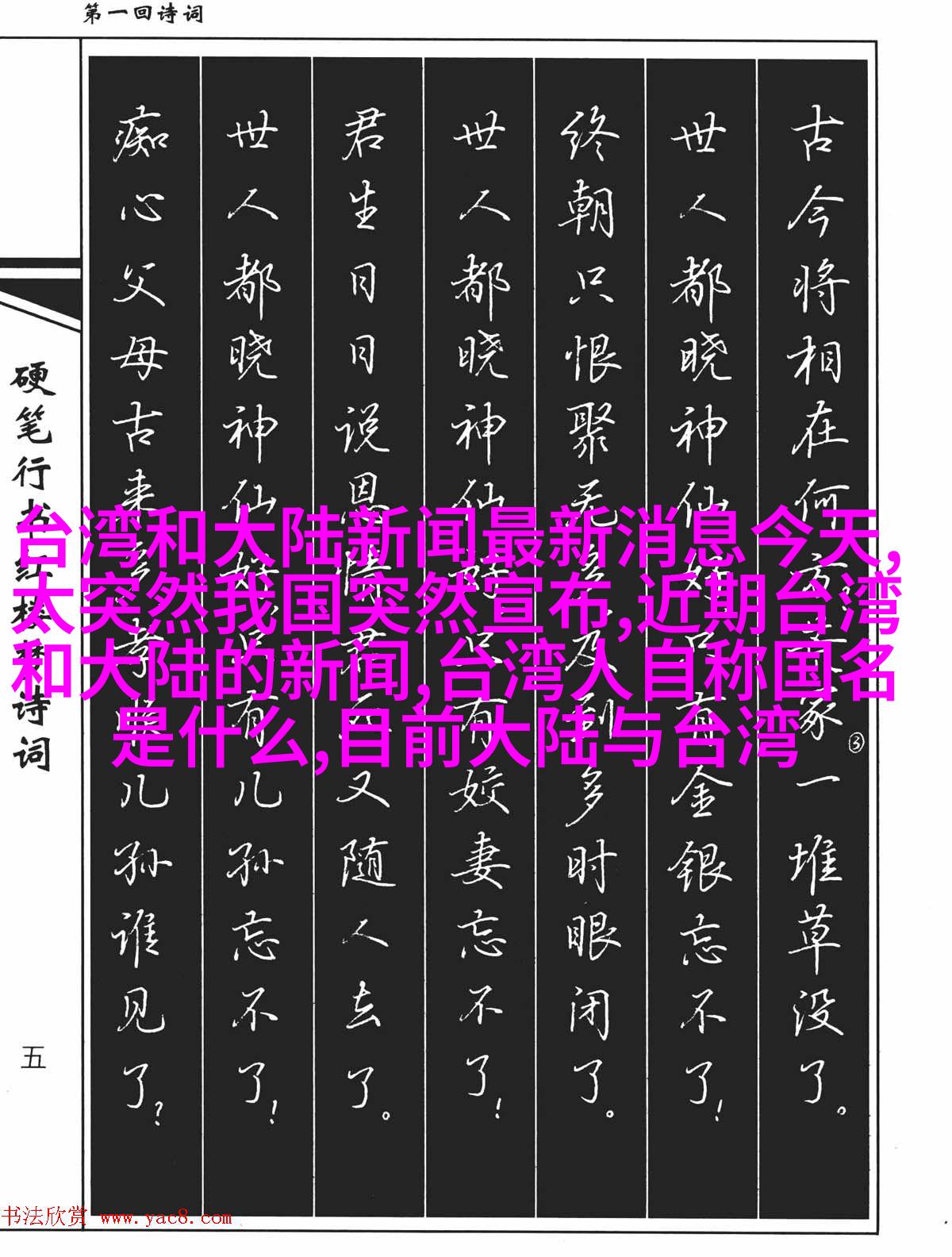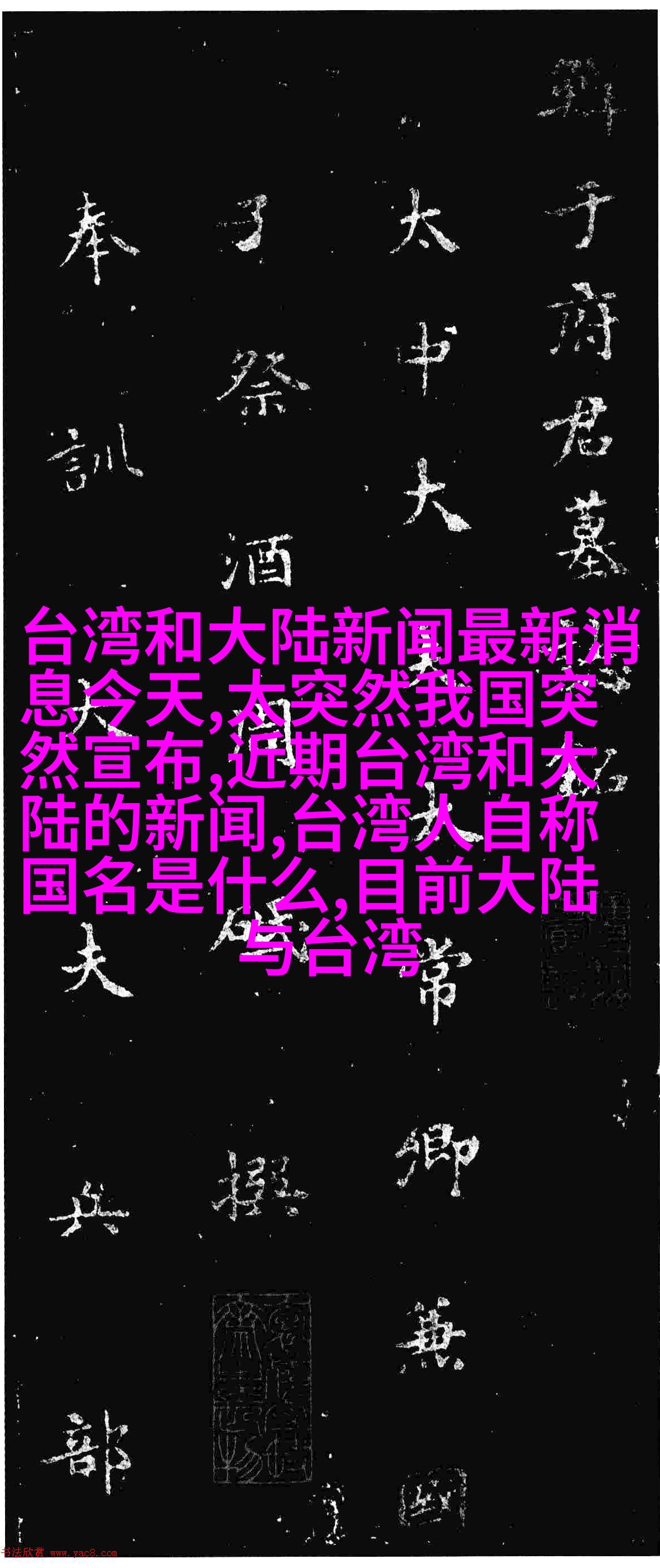健康管理与预防探索120系统在现代医疗中的应用
健康管理与预防:探索120系统在现代医疗中的应用

引言
随着人口老龄化和慢性病的增加,健康管理已经成为全球关注的焦点。中国的“120健康”服务体系作为国家公共卫生安全保障体系的一部分,对于提高居民健康水平、减少疾病风险具有重要作用。本文旨在探讨“120健康”服务在现代医疗中的应用及其对公众健康管理的影响。

一、什么是“120健康”
“120健康”指的是紧急医疗救治服务,通常由专业医护人员组成的小队,在紧急情况下提供快速响应和必要治疗。这种模式基于手机短信或电话报警,并通过专用车辆迅速到达患者现场,为急需救治的人员提供及时支持。

二、“120健康”的功能与特点
快速响应时间:通过优化资源配置和完善信息传递机制,“120团队”能够迅速接到呼叫并准确定位患者位置。
多学科协作:涉及多个领域医护人员,如内科、外科、麻醉等,可以根据不同紧急情况提供相应治疗方案。

先进设备配备:包括生命体征监测仪器、高级药物库存等,以便处理复杂且严重的情况。
培训与评估制度:持续进行专业技能训练和反馈评估,以提高工作效率和救援质量。

三、“120健康”的应用场景分析
心脏骤停事件: “119/120”紧急医疗团队能够迅速介入,执行心肺复苏(CPR)手续,并尽可能缩短从呼叫到首次有效心肺复苏(ECPR)的时间,从而提高了出院生存率。
交通事故伤害: 在交通事故中,“120团队”的第一反应能力可以帮助伤者获得即时初步处理,比如止血、固定受伤部位等,使得后续治疗更有针对性。
突发公共卫生事件: 如疫情爆发,“120系统”的灵活性使其能快速调整资源分配,参与疫情防控工作,如开展隔离区巡视检查,以及协助进行核酸检测等。
四、“120健康”的挑战与改进建议
资源有限的问题: 随着需求增加,“119/20”系统面临着人力物力不足的问题,因此需要进一步优化资源分配策略,加大投入以提升服务质量。
信息技术融合利用: 利用互联网、大数据分析技术来优化运营流程,如智能调度算法,有助于提升响应速度和精确度,同时降低成本开支。
民众意识普及教育: 增强公众对于紧急情况识别能力以及如何正确使用“119/20”服务的认识,这将显著增强整个系统效率。
结论
"Health Management and Prevention: Exploring the Application of 112 System in Modern Medicine" highlights the importance of "health management and prevention" as a critical component of public health policy, with an emphasis on the role of emergency medical services (EMS) in enhancing healthcare outcomes for individuals across China's diverse population.
The paper explores the operational efficiency, effectiveness, and challenges associated with EMS systems like "112 Health," which are integral to maintaining public health safety nets while providing timely interventions for acute medical emergencies.
Furthermore, this study underscores the need to improve resource allocation strategies, integrate advanced information technologies into existing infrastructure to optimize service delivery models, and promote awareness campaigns that educate citizens about how best to access these critical life-saving resources.
Ultimately, by bolstering support for such initiatives through robust investment in EMS infrastructures coupled with targeted community outreach programs aimed at fostering increased understanding among residents about their roles in ensuring optimal healthcare outcomes during times of crisis will contribute significantly towards reducing morbidity rates nationwide.
By addressing these concerns head-on through collaborative efforts between policymakers and local communities we can look forward to a future where 'health management' is no longer seen solely as a reactive response but rather proactively integrated into daily life; thus leading us closer towards realizing our collective vision for improved health care system worldwide



